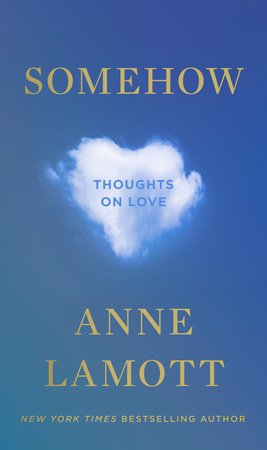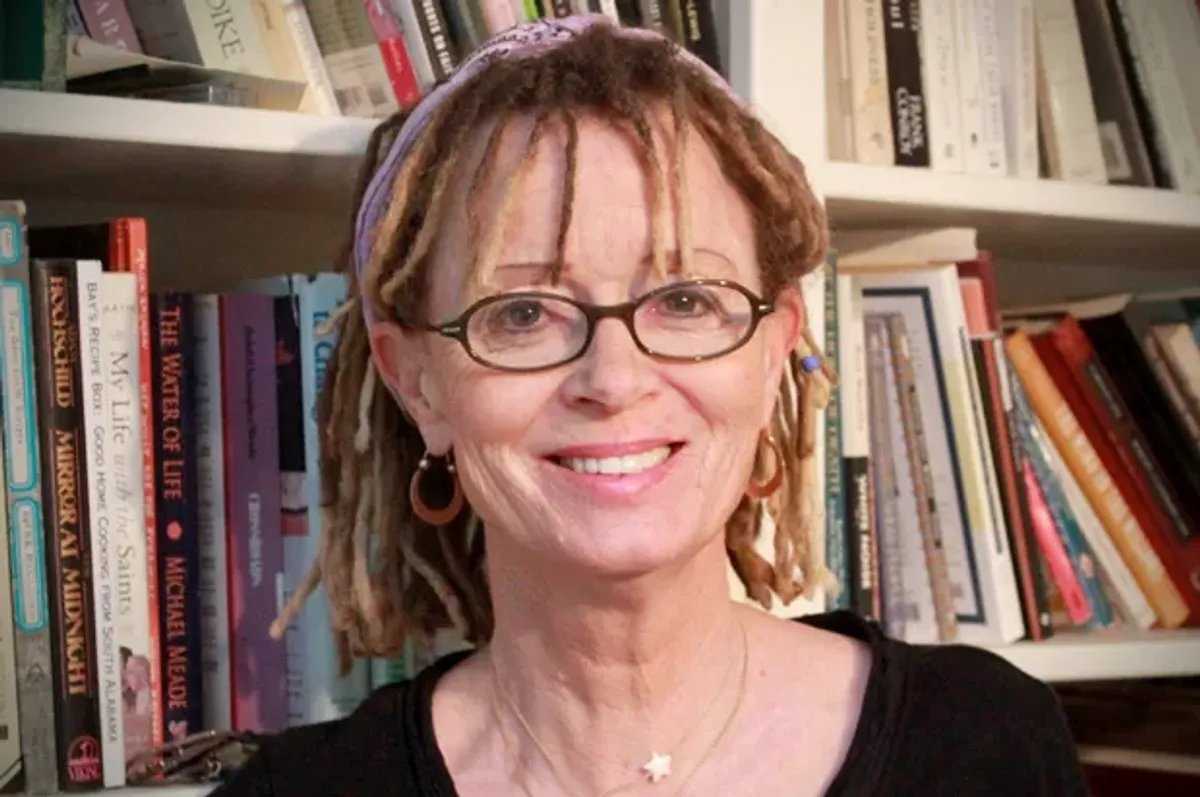I wish I could remember who it was who recommended the work of Anne Lamott ! I may have picked up a quotation from a website, a colleague or even on Amazon! Whatever the answer her work is vast, persistent, challenging, humane and so very very real. There is a quality of empathy and a self-deprecating humour that commends the integrity of the search for truth and a wholeness that can hold our soundness.
Her classic book Bird by Bird is about writing and I’ve often shared this with friends and colleagues. She writes fluently and convincingly about prayer in Help. Thanks. Wow.
Faced with a pervasive anxiety, uncertainty and even despair her book Almost Everything Notes on Hope is one that I have recommended to many of my friends and colleagues in ministry who are struggling with the after effects of pandemic. It is also helpful to those embracing and the challenges of the shifting sands of religion and religious commitment.
Lamott invites her reader into a discovery and recovery of where we can find wisdom and so reconnect with the beating heart of hope. All of this is done with warmth, gentleness, and humour.
She knows enough about the ups and downs of life to be gentle with her reader, writing as she does, with deeply characteristic humour and warmth. You can almost feel the embrace of her concern to those who find their way into her story and her writing.
I guess it won’t surprise you to learn that I succumbed to the carefully tracked pattern of my purchasing choices on Amazon by responding to their offer to pre-buy this book. Put simply it explores what Love looks like arguing sometimes that it is the hardest thing to believe in!
I read it twice – the first time was on a long train journey where I was quizzed by a slightly intrusive fellow passenger about the book. She remained unconvinced by the sense that reading ‘this kind of stuff’ ( her words) was of any use at all. ‘What we need is good psychology not pop therapy.’ was her argument. I could see the force in her position but to be honest, wondered why she felt so strongly about this!
‘Don’t you think that we need to explore and look at carefully our experience of life that unites us our experience of birth and death, family, hope and doubt, love and forgiveness?’is what I wanted to say to this fellow traveller. Don’t we really need to know and reflect on what it is that makes ( or unmakes) us human?
Thankfully we were both delivered from any further divergence of opinion by the arrival of the refreshments trolley. Armed with a coffee I returned to these pages.
Twelve chapters with arresting titles take the reader on a journey which is firmly rooted within her story. The book is a very carefully crafted collection of life experiences. These short chapters invite the reader to pay attention, to notice what is going on the inside and outside of their and others lives. They are all are framed within a meditative tone which invites the reader to think and feel something of a connectivity with their or our lives.
The way in which Lamott does theology is significant to this reader. It is both honest about life experience but informed by the power of grace and liberation offered to us in Christ. She is a lifelong member of a local Presbyterian Church where she teaches Sunday school. This long immersion in religious nurture shapes her desire to craft meaning and purpose in a nuanced and poetic way.
In Somehow ( and we should note the importance of the title of the book) the flavour and a distinctive one is that divine transcendence and mystery is ever present. She deals with her own contradictions, impulses and self disclosed ‘mess’ as an integral part of her journey into the Love of God. This gives this piece of writing a quality that invites the reader into considering what it means to be the person that we were born to be. How do any of us come to know and love our fragilities and hurts ?
I think you would enjoy reading a confession of faith which is accessible and infused with hope and often a warm cup of tea which seems to be her preferred drink of choice. It invites us to be honest about our contradictions and even our addictions. These chapters show us how to be both kind to ourselves and optimistic about life and its pains. It doesn’t ignore the past but it does look into the possibilities of crafting a different day and even a better future.
To continue the metaphor, I’m more than aware that the work of Lamott will not be everyone’s cup of tea. I do however commend her honesty, her obvious goodness, the creativity and industriousness of her writing but above all her invitation to Love in all its possibilities.
So – what next for this writer ?

